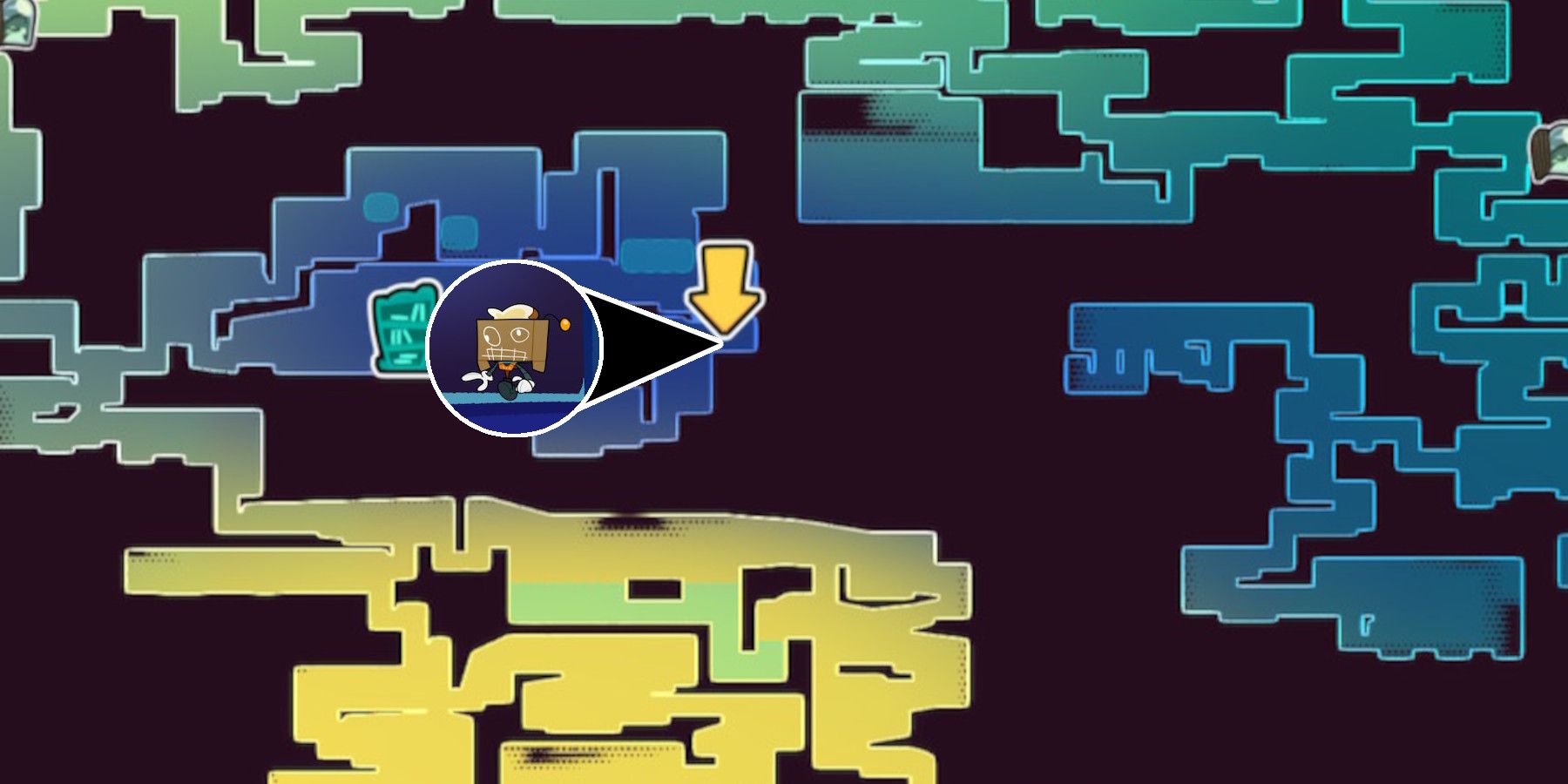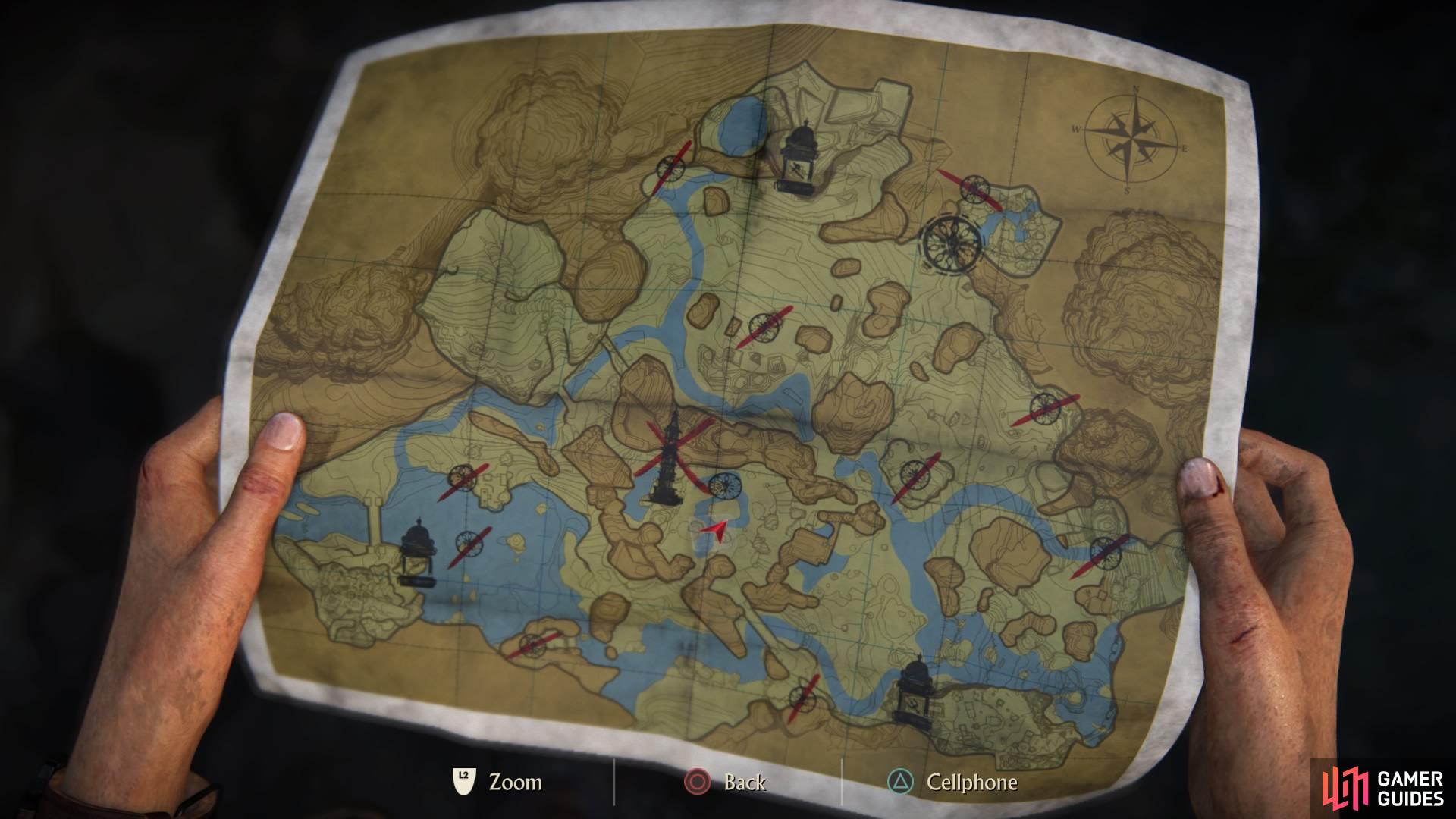Unveiling the Mysteries: A Comprehensive Guide to Uncharted Maps
Related Articles: Unveiling the Mysteries: A Comprehensive Guide to Uncharted Maps
Introduction
With enthusiasm, let’s navigate through the intriguing topic related to Unveiling the Mysteries: A Comprehensive Guide to Uncharted Maps. Let’s weave interesting information and offer fresh perspectives to the readers.
Table of Content
- 1 Related Articles: Unveiling the Mysteries: A Comprehensive Guide to Uncharted Maps
- 2 Introduction
- 3 Unveiling the Mysteries: A Comprehensive Guide to Uncharted Maps
- 3.1 What are Uncharted Maps?
- 3.2 The Importance of Uncharted Maps
- 3.3 Challenges of Exploring Uncharted Maps
- 3.4 Techniques for Mapping Uncharted Territories
- 3.5 Frequently Asked Questions About Uncharted Maps
- 3.6 Tips for Exploring Uncharted Maps
- 3.7 Conclusion
- 4 Closure
Unveiling the Mysteries: A Comprehensive Guide to Uncharted Maps

The world, despite centuries of exploration and mapping, still holds vast expanses of uncharted territory. These areas, often referred to as "uncharted maps," represent not only geographical unknowns but also potential reservoirs of scientific discovery, cultural insights, and economic opportunity. Understanding the concept of uncharted maps and their significance is crucial for navigating the future of exploration and resource management.
What are Uncharted Maps?
The term "uncharted map" refers to any geographical area that lacks comprehensive and accurate mapping data. This can range from remote wilderness areas in the Amazon rainforest to unmapped regions of the deep ocean, or even the vast expanse of outer space. These areas are often characterized by:
- Lack of detailed topographic information: The absence of reliable data on elevation, terrain, and landforms makes it difficult to navigate and understand the environment.
- Limited or no existing infrastructure: These areas typically lack roads, communication networks, and other infrastructure essential for human exploration and development.
- Sparse population density: Uncharted areas are often inhabited by indigenous communities or have limited human presence, posing unique challenges for exploration and conservation.
- Potential for scientific and cultural discoveries: These unexplored regions offer the chance to uncover new species, geological formations, and historical artifacts.
The Importance of Uncharted Maps
Uncharted maps are not simply blank spaces on a globe; they represent a wealth of potential. Their significance lies in their ability to:
- Advance scientific understanding: Exploration of uncharted territories can lead to groundbreaking discoveries in fields like biology, geology, and climate science. For instance, the discovery of new species in unexplored rainforests can contribute to our understanding of biodiversity and ecosystem dynamics.
- Promote sustainable resource management: Mapping previously unknown areas is crucial for identifying and protecting natural resources, ensuring their sustainable utilization for future generations. This is especially important in regions with untapped mineral deposits or unique ecosystems.
- Foster cultural preservation: Uncharted areas often harbor diverse indigenous communities and cultural heritage. Mapping these regions helps to document and preserve these unique traditions and knowledge systems, promoting cultural understanding and respect.
- Drive innovation and economic growth: Exploration of uncharted territories can lead to the development of new technologies, products, and industries. This can stimulate economic growth and create opportunities for investment and job creation.
- Improve global security and disaster preparedness: Mapping remote areas can enhance our understanding of potential natural hazards like earthquakes, volcanic eruptions, and tsunamis. This information is crucial for developing effective early warning systems and disaster response strategies.
Challenges of Exploring Uncharted Maps
Exploring uncharted maps presents a unique set of challenges:
- Logistical complexities: Reaching remote areas often requires specialized equipment, expertise, and funding. Navigating dense forests, traversing treacherous terrain, or exploring the depths of the ocean demands significant logistical planning and resources.
- Environmental risks: Uncharted areas can harbor unknown hazards, including dangerous wildlife, unpredictable weather patterns, and potentially toxic environments. These risks require careful assessment and mitigation strategies.
- Ethical considerations: Exploration of uncharted areas must be conducted with respect for local communities, indigenous cultures, and the environment. Ethical considerations should guide all aspects of research and development, ensuring minimal disruption and potential harm.
Techniques for Mapping Uncharted Territories
Mapping uncharted areas involves a combination of traditional and modern techniques:
- Satellite imagery and remote sensing: Satellites equipped with advanced sensors can capture high-resolution images of the Earth’s surface, providing valuable data for mapping terrain, vegetation, and infrastructure.
- Aerial photography and LiDAR: Aerial surveys using specialized cameras and laser scanners can generate detailed 3D models of landscapes, revealing hidden features and providing accurate elevation data.
- Ground-based surveys and GPS: Ground-based teams equipped with GPS devices and other surveying instruments can collect precise measurements of coordinates, elevations, and landforms, creating detailed maps of specific areas.
- Autonomous drones and robots: Unmanned aerial vehicles (UAVs) and underwater robots are increasingly used for mapping remote areas, offering cost-effective and efficient data collection capabilities.
- Geographic Information Systems (GIS): GIS software integrates various data sources, including satellite imagery, aerial photography, and field observations, to create interactive maps that can be used for analysis, planning, and decision-making.
Frequently Asked Questions About Uncharted Maps
Q: What are some examples of uncharted maps?
A: Examples include the Amazon rainforest, the deep ocean trenches, the unmapped regions of Antarctica, and the vast expanse of outer space.
Q: How are uncharted maps being explored?
A: A combination of traditional and modern techniques is used, including satellite imagery, aerial photography, ground-based surveys, and autonomous drones.
Q: What are the benefits of exploring uncharted maps?
A: Exploring uncharted maps can lead to scientific discoveries, promote sustainable resource management, foster cultural preservation, drive innovation, and improve global security.
Q: What are the ethical considerations involved in exploring uncharted maps?
A: Respect for local communities, indigenous cultures, and the environment must be paramount. Exploration should be conducted in a way that minimizes disruption and potential harm.
Tips for Exploring Uncharted Maps
- Thorough planning and preparation: Conduct comprehensive research, gather necessary permits, and equip yourself with the appropriate technology and expertise.
- Collaboration and teamwork: Working with experienced explorers, scientists, and local communities can enhance safety, efficiency, and knowledge sharing.
- Respect for local cultures and traditions: Engage with indigenous communities and learn about their customs, knowledge systems, and perspectives.
- Environmental responsibility: Minimize your impact on the environment by adhering to Leave No Trace principles and responsible waste disposal.
- Data sharing and dissemination: Share your findings with the scientific community and relevant authorities, contributing to the collective knowledge base.
Conclusion
Uncharted maps represent a fascinating and valuable frontier for exploration and discovery. Their significance extends beyond geographical unknowns, offering opportunities for scientific advancement, resource management, cultural preservation, and global security. By embracing ethical and responsible practices, we can unlock the potential of these unexplored areas, contributing to a deeper understanding of our planet and its resources. The journey into the unknown is not just about charting new territories; it is about charting a path towards a more sustainable and prosperous future.








Closure
Thus, we hope this article has provided valuable insights into Unveiling the Mysteries: A Comprehensive Guide to Uncharted Maps. We appreciate your attention to our article. See you in our next article!